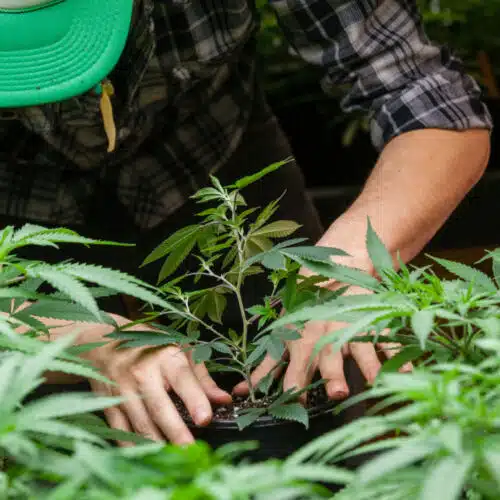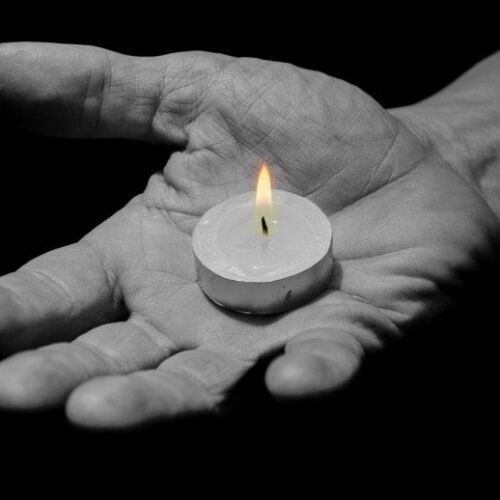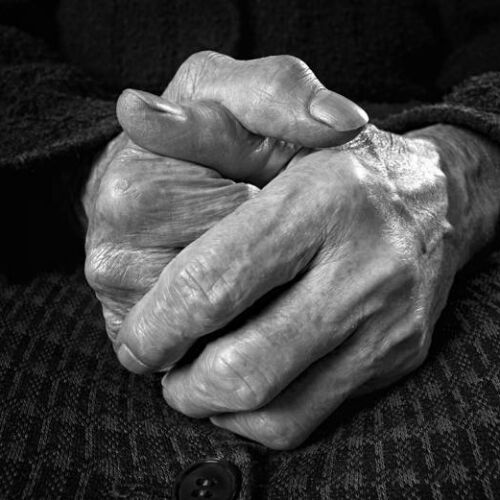Patient Story: Jeff Moroso
Newsweek – Medical Marijuana and Chemotherapy – After a successful surgery to remove a cancer-ridden section of Jeff Moroso’s large intestine in the spring of 2013, the oncologist sat down with his patient to prepare him for what would come next: 12 rounds of punishing chemotherapy, once every two weeks for six months—standard practice for the treatment of colon cancer.Moroso’s oncologist spent most of that appointment writing prescriptions for medications he said would minimize the debilitating side effects of chemotherapy. He gave Moroso scripts for ondansetron (Zofran) and prochlorperazine (Compazine) for nausea, and lorazepam (Ativan) for anxiety and insomnia. Because the nausea drugs are known to cause gastrointestinal problems and headaches, he also recommended three over-the-counter medications for constipation and one for diarrhea, as well as ibuprofen for pain. In total, he instructed Moroso to take more than a dozen prescription and nonprescription drugs and supplements.
Chemotherapy
Moroso says the first three rounds of treatment were more awful than he could have ever imagined. After chemotherapy, he felt so ill and weak that he could barely stand up, and it took him days to rebound. And the prescription drugs just made him feel worse. “I felt real sick, incapable of doing anything except for lying there and trying to hang on,” says Moroso, who is 70 and now cancer-free.
Moroso couldn’t afford to lose days of work while he was doing his chemo. He’d heard from friends and read in the paper that cannabis can help a patient through chemotherapy, so he got a letter from his oncologist that allowed him to obtain medical marijuana. (He chose coffee beans infused with 5 milligrams of cannabis, a low dose that he took when he felt he had to.) By the seventh round of chemotherapy, Moroso had dumped his prescription pills.
“I would get blasted on the stuff and be happy as a clam, no problems,” he says.
Marijuana For Symptom Relief
A growing number of cancer patients and oncologists view the drug as a viable alternative for managing chemotherapy’s effects, as well as some of the physical and emotional health consequences of cancer, such as bone pain, anxiety and depression. State legislatures are following suit; medical cannabis is legal in 23 states and the District of Columbia, and more than a dozen other states allow some patients access to certain potency levels of the drug if a physician documents that it’s medically necessary, or if the sick person has exhausted other options.
A large number of these patients have cancer, and many who gain access to medical marijuana report that it works.
“A day doesn’t go by where I don’t see a cancer patient who has nausea, vomiting, loss of appetite, pain, depression and insomnia,” says Dr. Donald Abrams, chief of hematology-oncology at San Francisco General Hospital and a professor of clinical medicine at the University of California, San Francisco. Marijuana, he says, “is the only anti-nausea medicine that increases appetite.”It also helps patients sleep and elevates their mood—no easy feat when someone is facing a life-threatening illness. “I could write six different prescriptions, all of which may interact with each other or the chemotherapy that the patient has been prescribed. Or I could just recommend trying one medicine,” Abrams says in an interview with Medical Marijuana 411
82% Of Oncologists Would Recommend Cannabis
A 2014 poll conducted by Medscape and WebMD found that more than three-quarters of U.S. physicians think cannabis provides real therapeutic benefits. And those working with cancer patients were the strongest supporters: 82 percent of oncologists agreed that cannabis should be offered as a treatment option.Dr. Benjamin Kligler, associate professor of family and social medicine at Albert Einstein College of Medicine, says there has been enough research to prove that at a bare minimum cannabis won’t actually harm a person. In addition,
“given what we’ve seen anecdotally in practice I think there’s no reason we shouldn’t see more integration of cannabis in the long run as a strategy,” he says. “We have this extremely safe, extremely useful medicine that could potentially benefits a huge population.”
Some years ago, Dr. Gil Bar-Sela, director of the integrated oncology and palliative care unit at the Rambam Health Care Campus in Haifa, Israel conducted two rounds of phone interviews with 131 cancer patients who used cannabis while in chemotherapy; just less than 4 percent of participants reported that they experienced a worsening of symptoms when they started using cannabis and the majority said it helped, according to the resulting paper published, in Evidence-Based Complementary and Alternative Medicine in 2013
-From Newsweek


